Savills Vietnam recently released the publication "ESG in Vietnam Spotlight 2023", a comprehensive study on the development of ESG (environmental, social and governance) in commercial real estate across the Asia-Pacific region, focusing on practical examples from Hong Kong, Korea and Japan, along with in-depth analysis of Vietnam's evolving ESG landscape.
According to the United Nations Environment Programme, as of 2020, construction activities accounted for approximately 31% of global final energy consumption and 28% of CO2 emissions. Recognizing the pivotal role real estate plays in combating climate change, real estate businesses in Asia-Pacific are starting to take ESG more seriously.
The study found that major regional markets such as Australia, Hong Kong, Japan, New Zealand and Singapore are leading the way in ESG innovation, followed by China and Vietnam, which have made impressive progress in recent times. Challenges such as calculation methods, capital costs, policy support and access to sustainable building materials are hindering the widespread development of this trend.
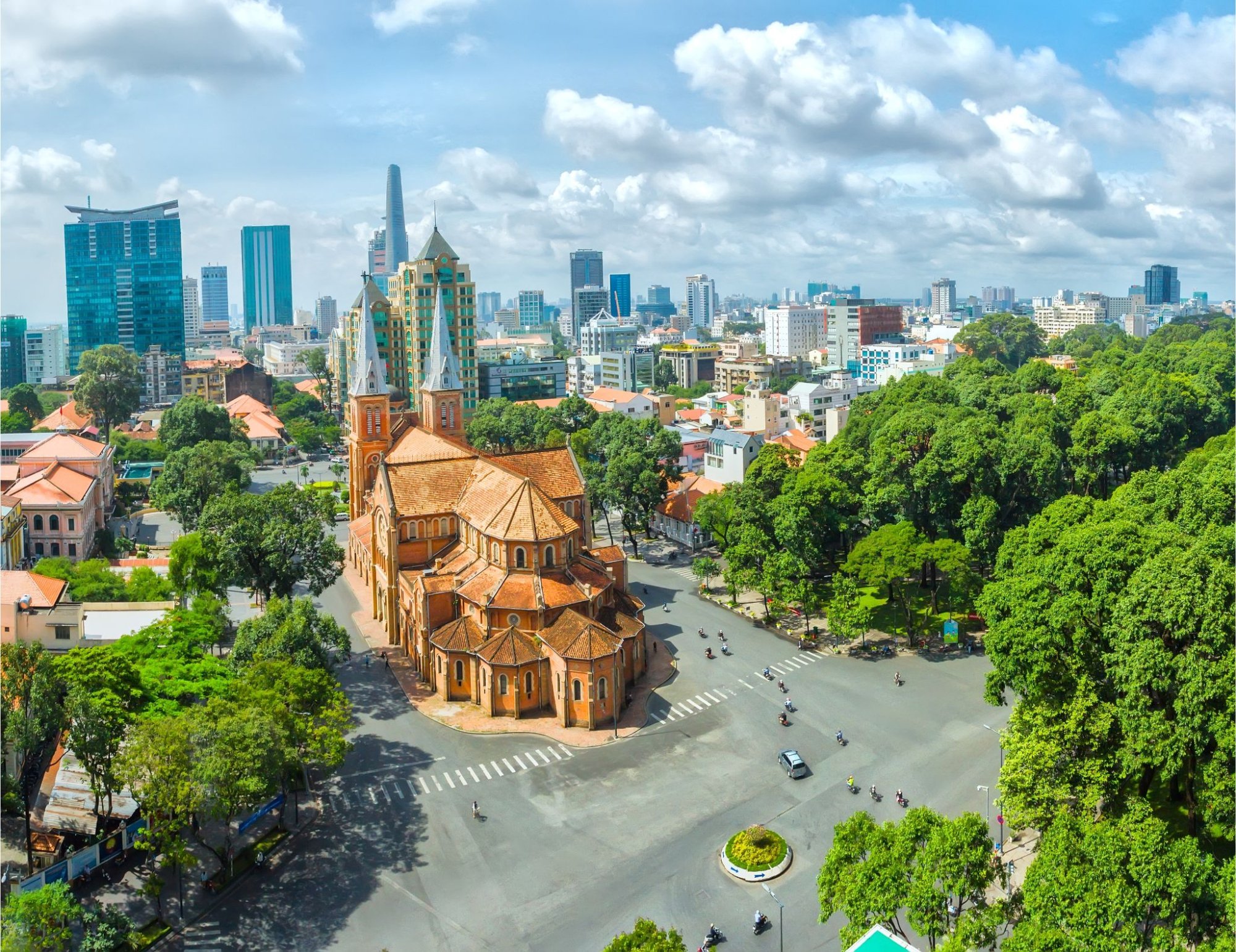
Vietnam is making impressive progress regarding ESG innovation.
Asia-Pacific needs to prioritize sustainability in real estate development as it is home to 20 of the world’s 36 megacities, experts say. Its urban population is expected to increase by 52% by 2050, which will drive up demand for real estate.
Greater supply and demand also pose challenges and opportunities for sustainability efforts in the region. Work must be done to ensure urban infrastructure expands while reducing carbon emissions.
This report by Savills Vietnam also shows that Vietnam is making progress in green building certification, with 20 office buildings currently holding LEED or Green Mark certification. Notably, 17 of these projects are located in Ho Chi Minh City, accounting for about 25% of the current office supply. This is expected to increase to 31% by 2026. There are 4 projects that will provide up to 164,000 m2 of NLA green office space to be delivered between 2024 and 2026.
PwC’s “Vietnam ESG Readiness Report 2022” highlights that 80% of surveyed companies plan to commit to ESG in the next 2-4 years. FDI companies and private/family businesses are taking the lead in ESG implementation, demonstrating the growing sense of responsibility among Vietnamese businesses.
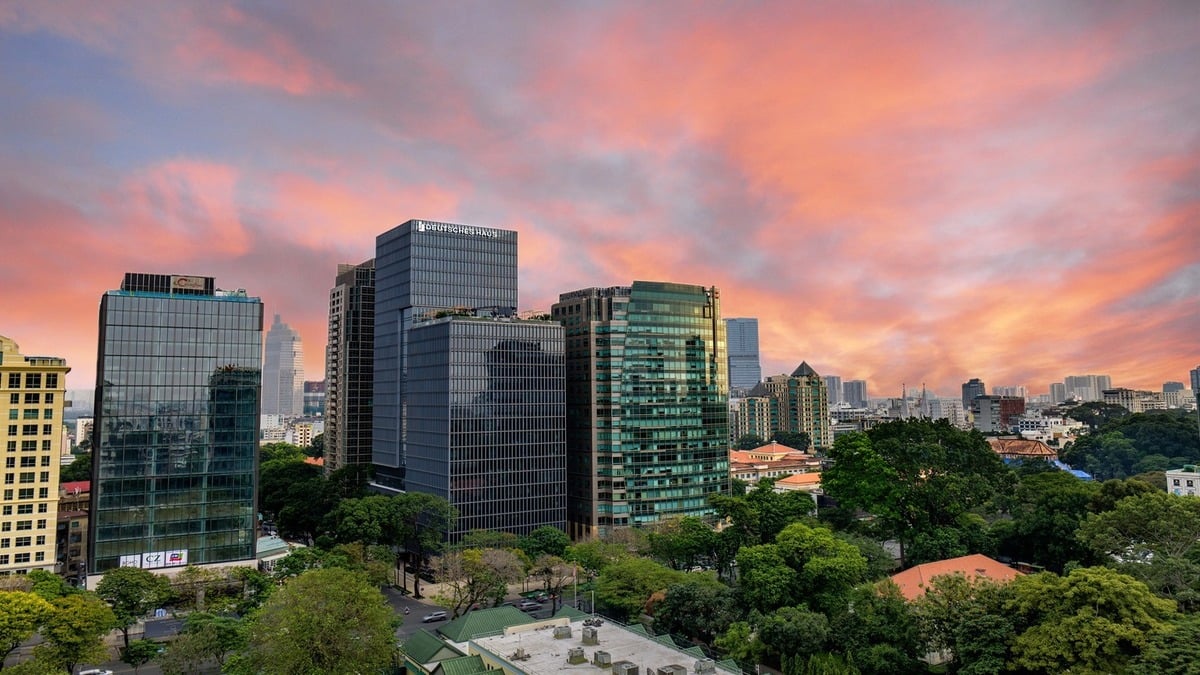
52% of Grade A offices in Vietnam are green certified.
“It’s too late to be static. In addition to growing public concern and government regulation, there are many legitimate financial incentives for investors to improve the sustainability of their portfolios, including risk management, transparency, cost savings and increased returns,” said Troy Griffiths, deputy chief executive of Savills.
Measuring ESG compliance remains a challenge with a variety of guidelines, certifications and standards. However, many sustainability-related initiatives are providing direction and incentives for real estate investors to adopt specific energy reduction action plans.
As of Q3/2023, Singapore stands out with 95% of its Grade A office supply certified green, followed by 64% in Kuala Lumpur and 47% in Hong Kong. Vietnam is gradually improving with 52% of its floor area certified green.
At the same time, the positive financial evidence for ESG adoption is becoming increasingly clear, with green-certified buildings commanding rents that are 10% higher than conventional buildings.
As corporate ESG compliance becomes increasingly monitored and enforced, and becomes increasingly sought after by tenants and investors, this is likely to put buildings that do not meet these standards at risk of increasing vacancy rates.
In a recent survey by Urban Land Institute and PwC, 37% of respondents said ESG factors are now a mandatory consideration in real estate investment decisions, up from 22% in 2021.
Source


![[Photo] Special relics at the Vietnam Military History Museum associated with the heroic April 30th](https://vstatic.vietnam.vn/vietnam/resource/IMAGE/2025/4/3/a49d65b17b804e398de42bc2caba8368)
![[Photo] Prime Minister Pham Minh Chinh receives CEO of Standard Chartered Group](https://vstatic.vietnam.vn/vietnam/resource/IMAGE/2025/4/2/125507ba412d4ebfb091fa7ddb936b3b)
![[Photo] Prime Minister Pham Minh Chinh receives Deputy Prime Minister of the Republic of Belarus Anatoly Sivak](https://vstatic.vietnam.vn/vietnam/resource/IMAGE/2025/4/2/79cdb685820a45868602e2fa576977a0)
![[Photo] Comrade Khamtay Siphandone - a leader who contributed to fostering Vietnam-Laos relations](https://vstatic.vietnam.vn/vietnam/resource/IMAGE/2025/4/3/3d83ed2d26e2426fabd41862661dfff2)


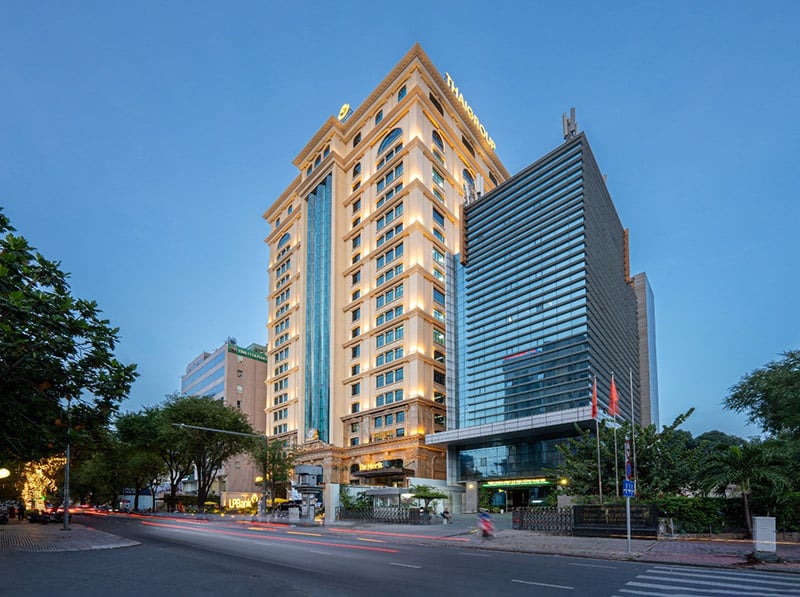

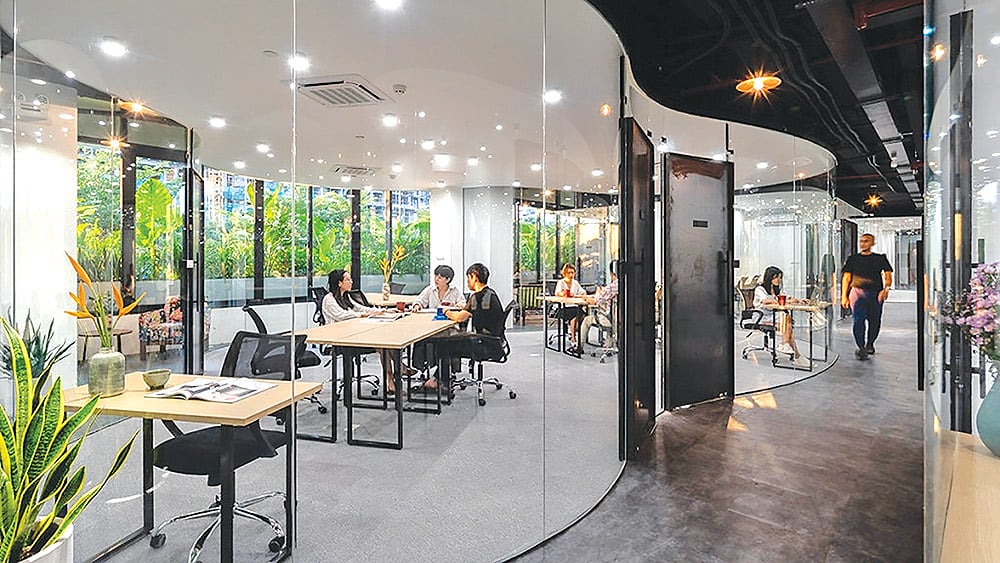
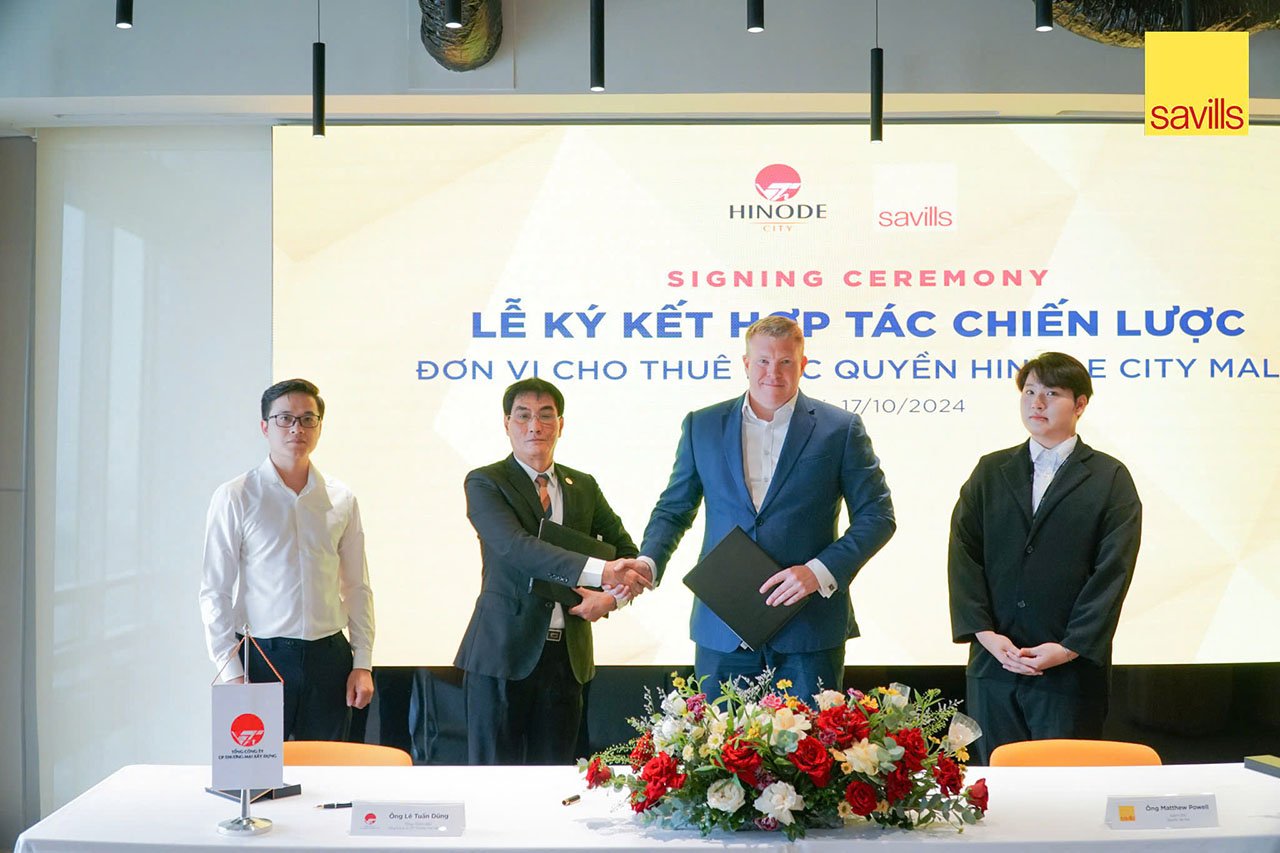
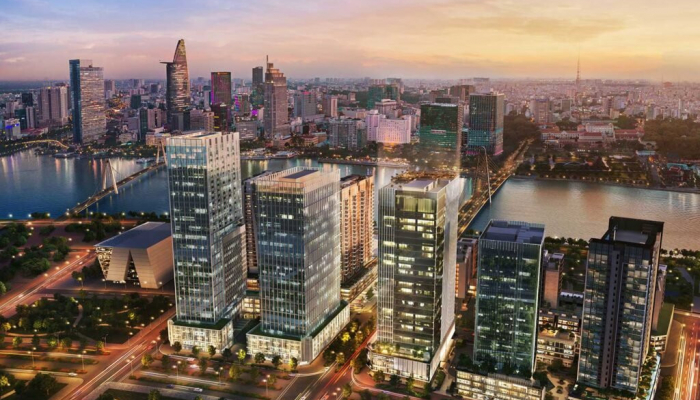
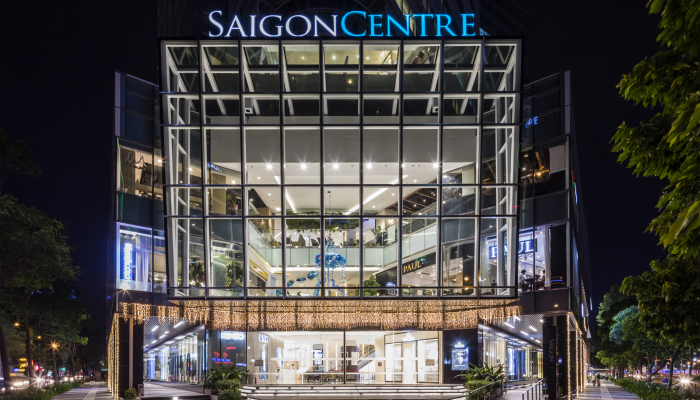
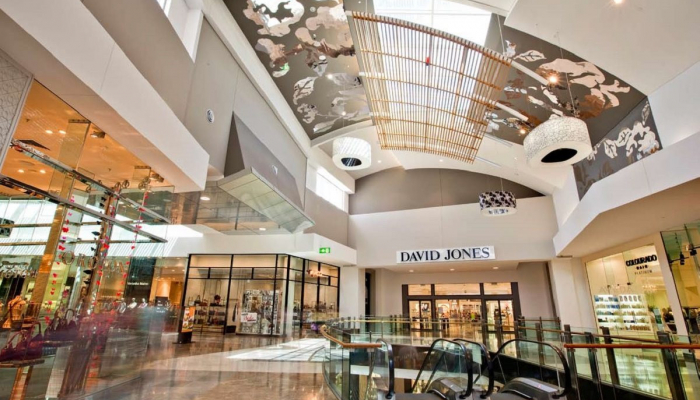
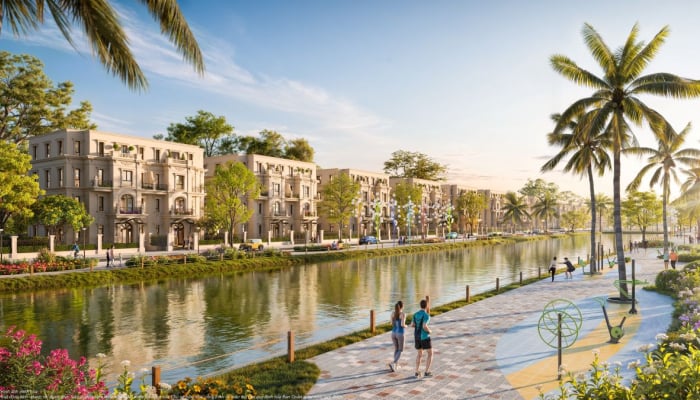
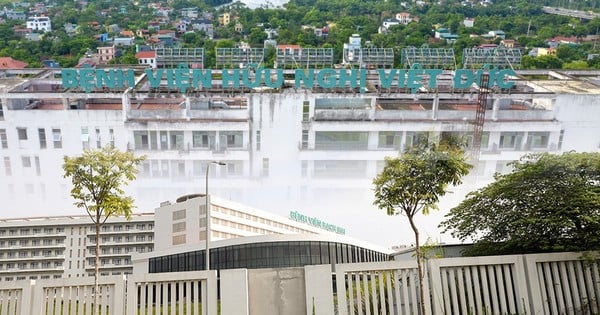
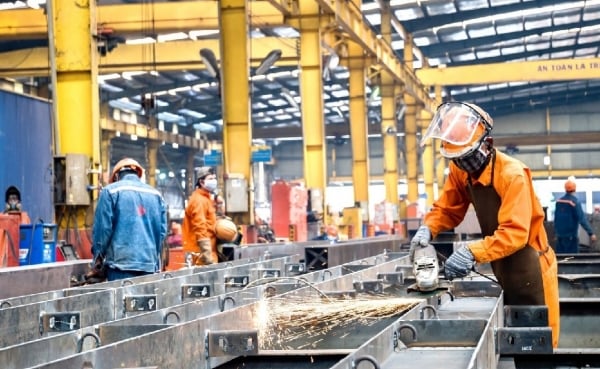
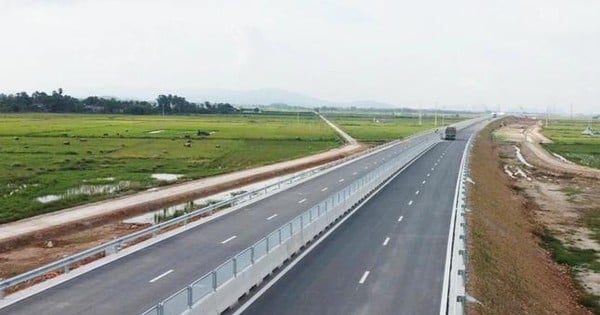






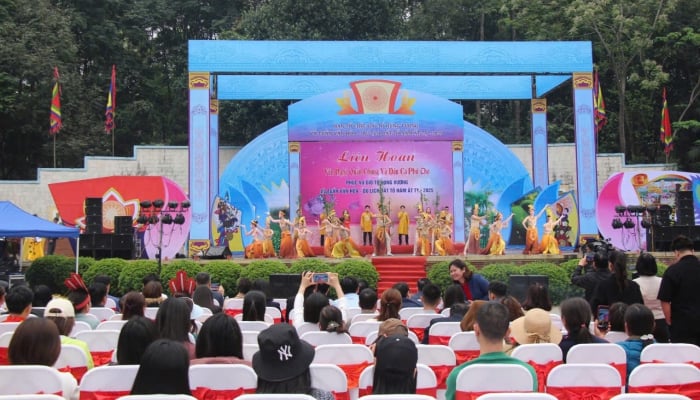
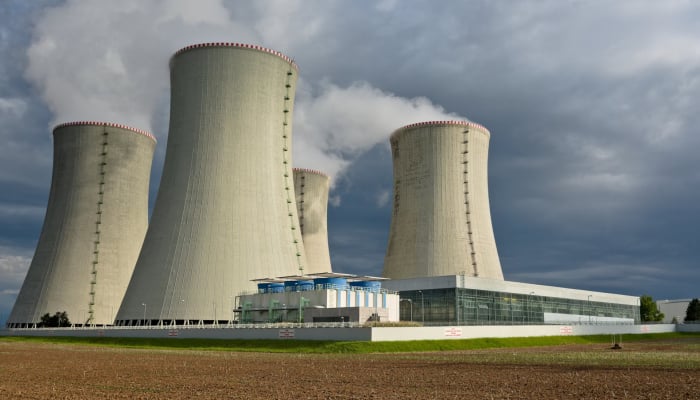

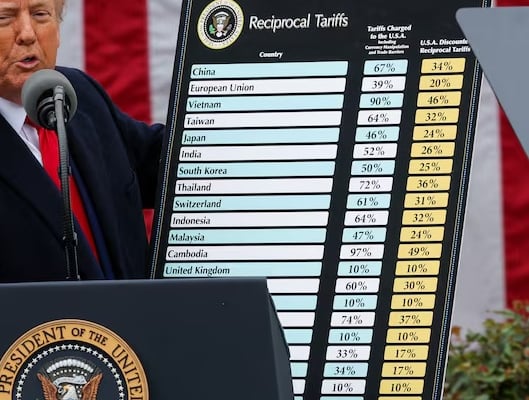












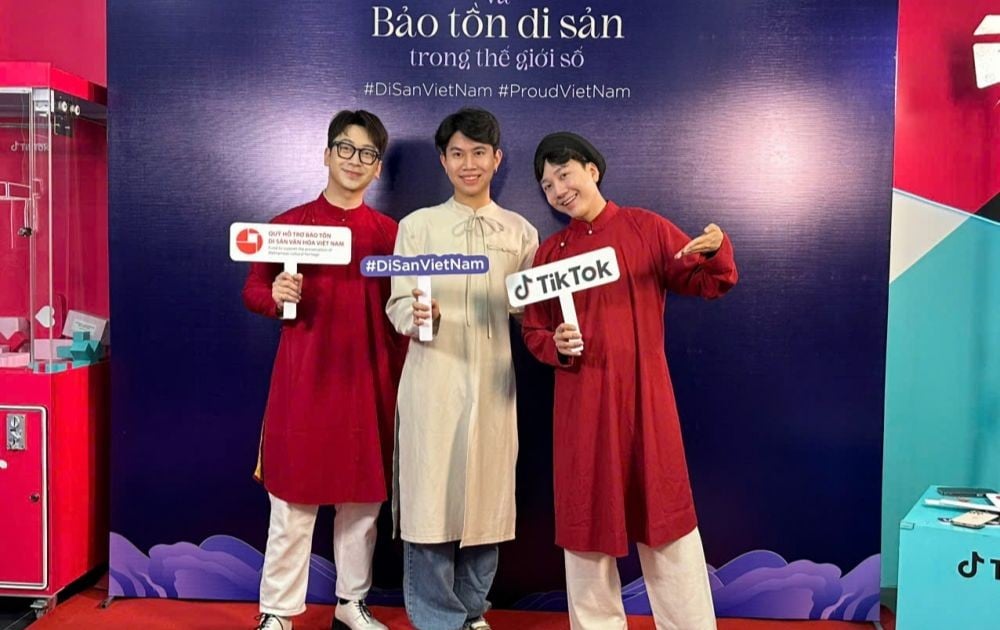






















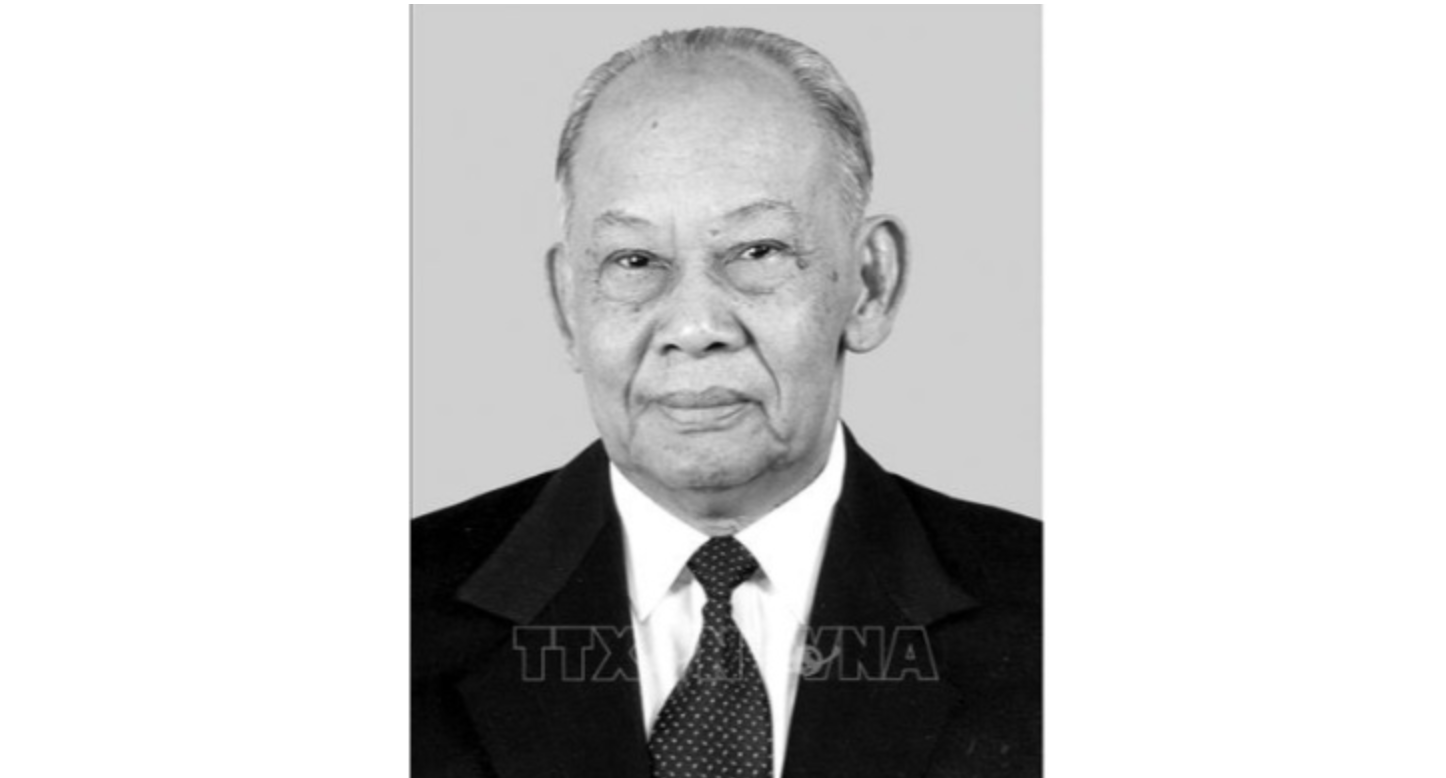

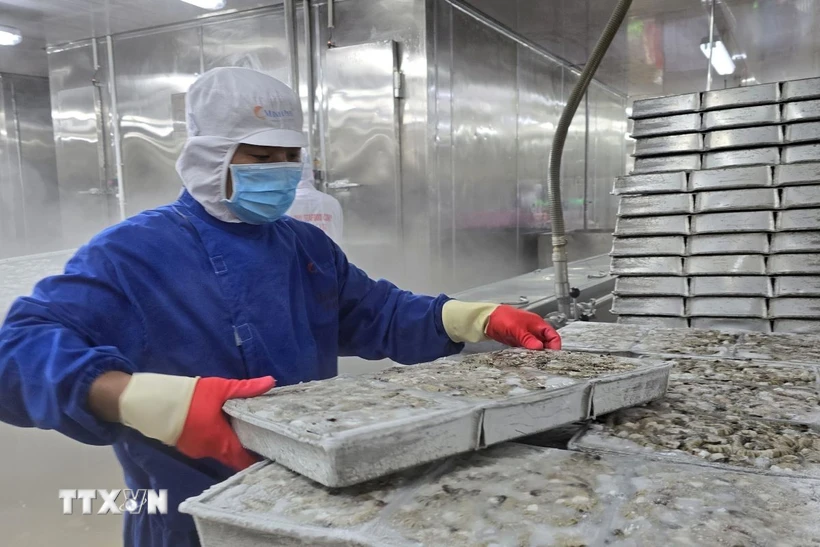
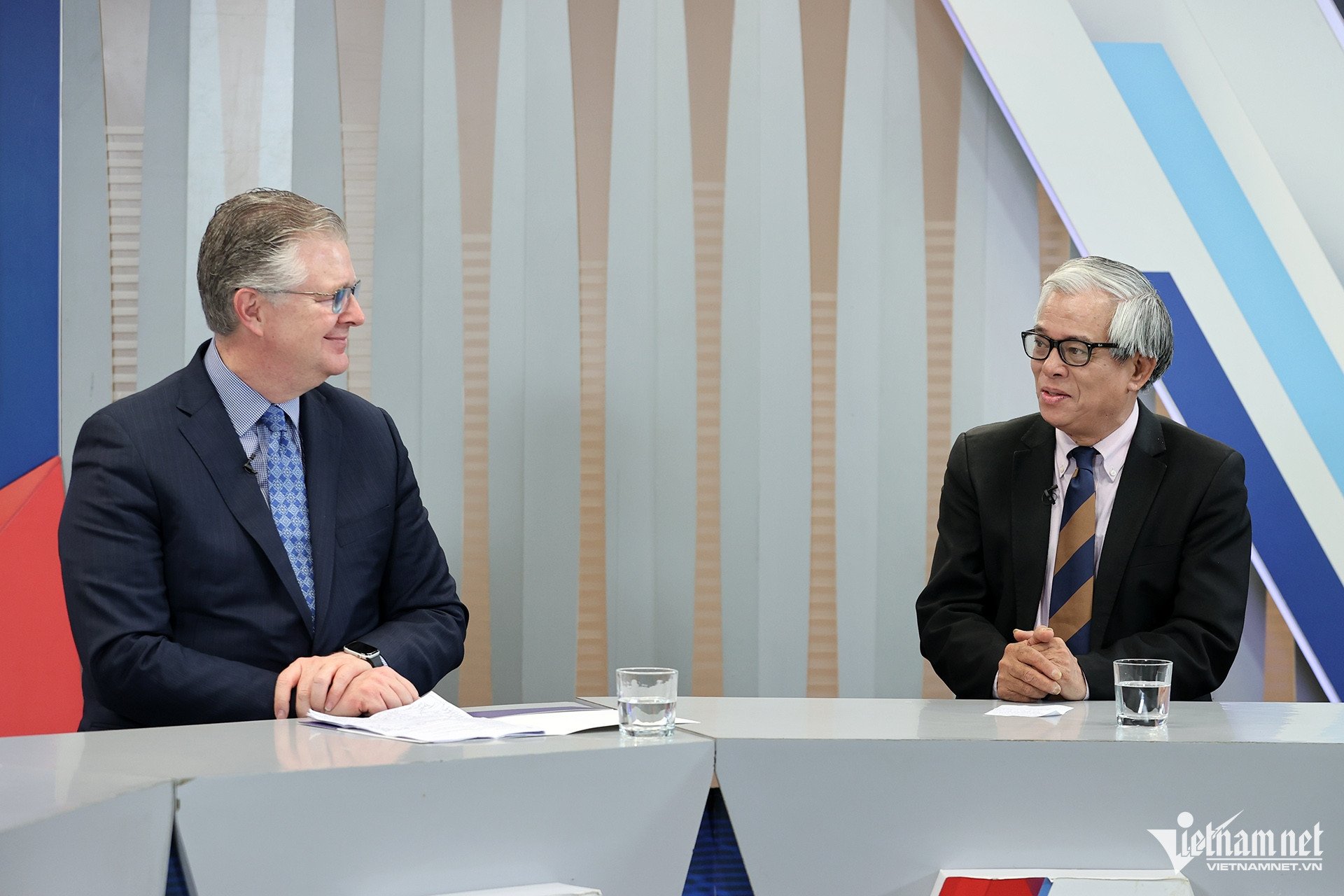



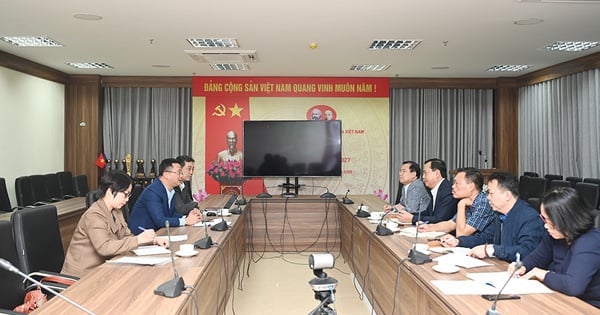
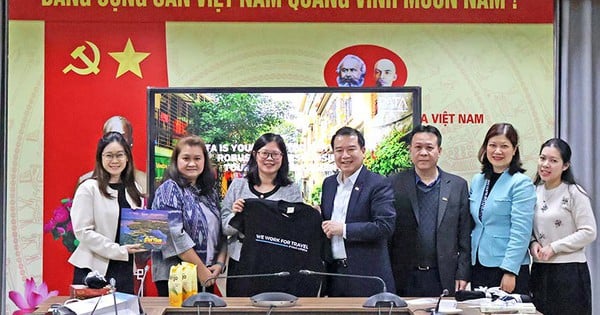
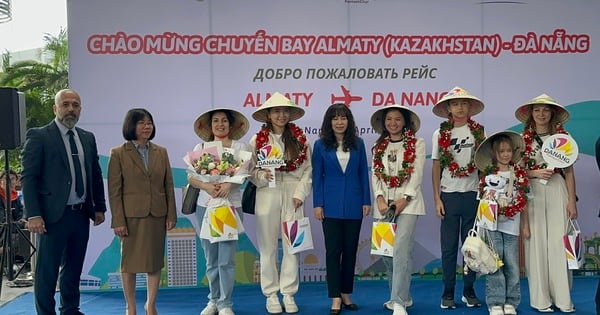




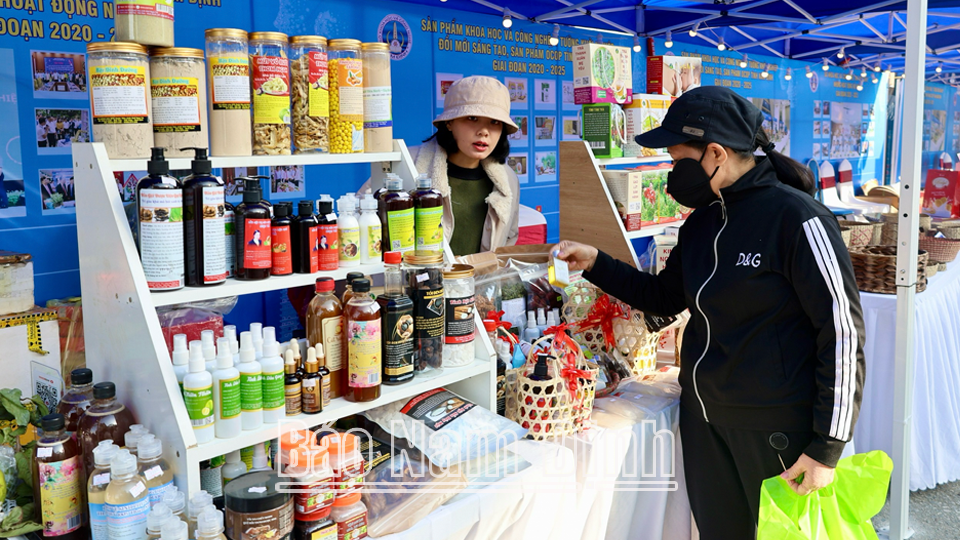


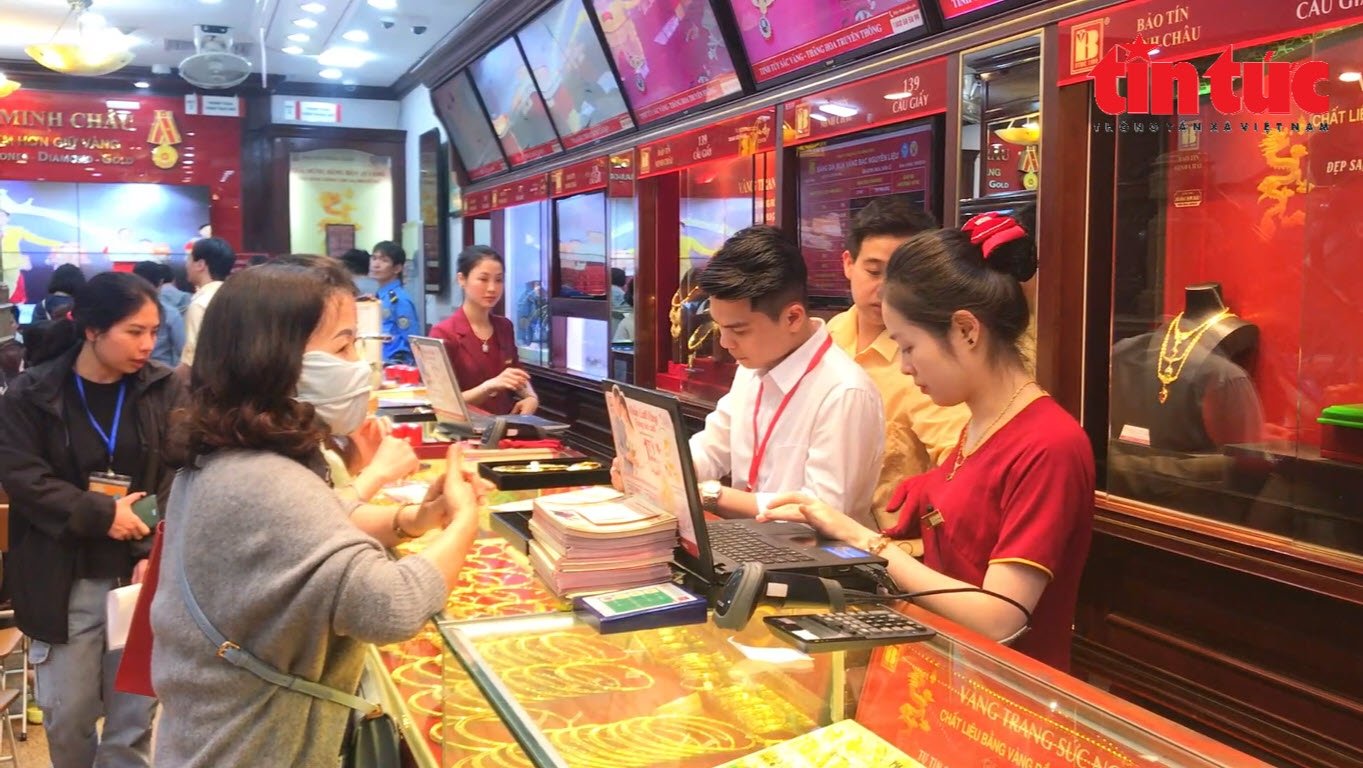

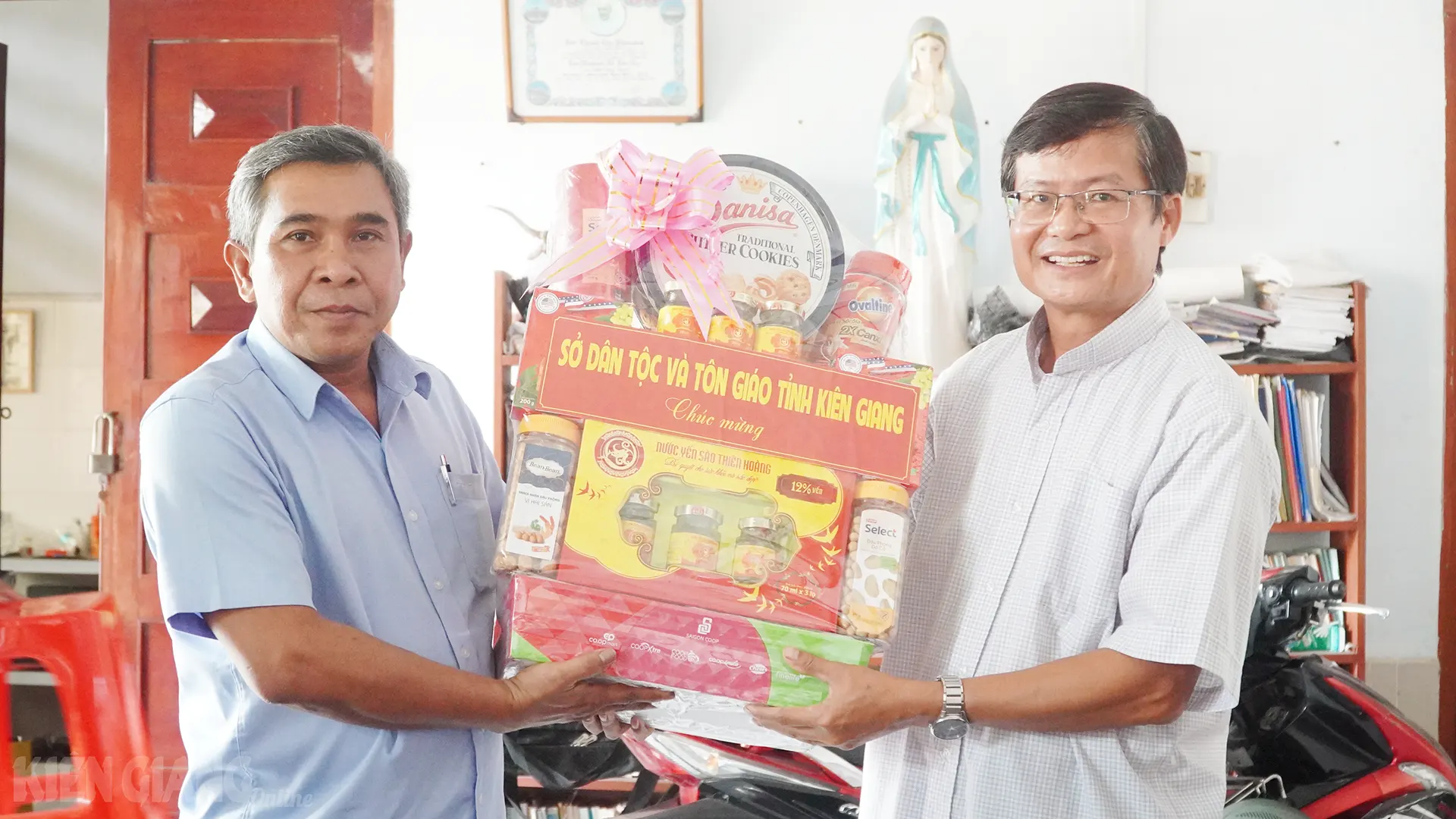













Comment (0)